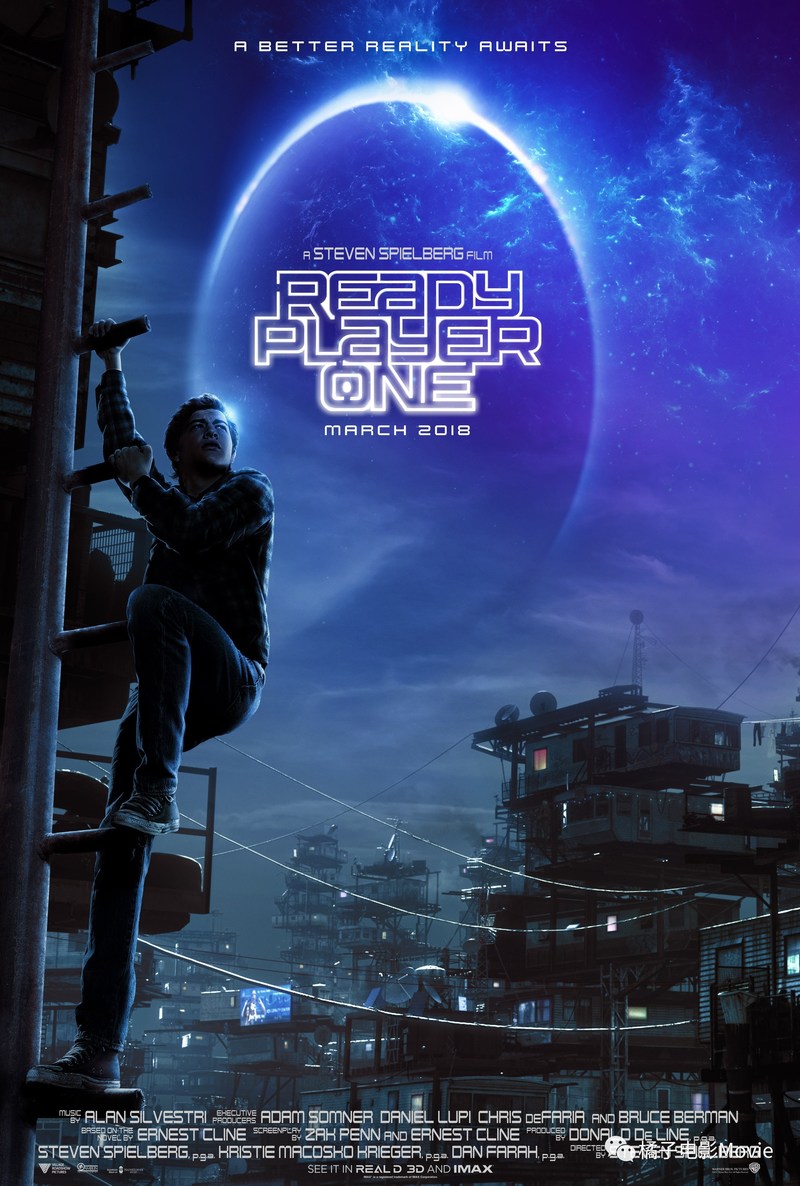by Matt Gaskin

Ready Play One is a really fun movie, but underneath the fun, here are a couple of themes to look out for:
1) All revolutions lead back to Rousseau
Rousseau's political theory viewed legitimate government as that which represents the common will. The problem with getting a government which actually looks like this, according to him, is that modern culture tends to have a corrupting influence by adding layers of deception over what is real and authentically human. For Rousseau, the trappings of civilized culture hid the reality of our slavery.
"While the Government and the Laws see to the safety and the well-being of men assembled, the Sciences, Letters, and Arts, less despotic and perhaps more powerful, spread garlands of flowers over the iron chains with which they are laden, throttle in them the sentiment of original freedom for which they seemed born, make them love slavery, and fashion them into what is called civilized Peoples." - Jean Jacques Rousseau, Discourse on the Arts and Sciences
It's difficult to see these chains, because the culture which envelopes our lives and imagination is a bit like the air we breath. How often do you stop to notice that you're swimming in atmosphere? Spielberg takes this difficult to grasp idea and makes it explicit. The virtual world is a fake reality that people have mistaken as real, and it has literally enslaved them. Rousseau would argue that this is already true of the current "real world" environment. What is his recommended remedy for despotic government which does not represent the general will and robs its citizens of their natural rights? Revolution.
2) Capitalism is the worst form of economic system except for all the others
This film is not a statement against market capitalism, but it does point out its flaws. We could think of this as a counterpoint to Ayn Rand's Objectivist solution to the looming threat of collectivism. Yes, socialist ideologies are damaging to the individual, but so is laissez-faire capitalism when the ability to turn a short term profit supplants all other goods within society. Those who obtain power and wealth are not necessarily the creators or the inventors, but those who are savvy enough to transform someone else's work into a money making enterprise. In such a society, creativity, skill, intelligence, and even relationships are not ends in and of themselves, but only valued in terms of their monetary return. Followers and clicks are superior to friends and family.
Spielberg almost breaks the fourth wall here with his James Halliday character where there's a palpable sense of fatigue that the creative act isn't allowed to flourish on its own. I could hear the director saying to himself, "All I want to do is make fun and creative movies, but this system has twisted things to where I can only make movies which sell the most tickets." What is popular drives the creative process and not the other way around, which introduces a sense of falseness into the product. In Ready Player One, he's created a blockbuster style film filled with lots of fun an interesting nostalgia, while simultaneously acknowledging that he's trapped inside his own creation. It's a film we want to see with a message we didn't know we needed to hear.
The solution proposed in the end was not a swing away from the free market toward socialism, but toward a more ethical capitalism. Make money, create cool things, but reorganize what constitutes the highest good. A product which makes people's lives better should be valued higher in a society than a harmful product which turns a higher profit. That particular revolution doesn't occur on the level of government, but at the grassroots level where those types of values inform the decisions each individual makes. We choose individually to value those things which bring us the most good collectively.
No comments:
Post a Comment